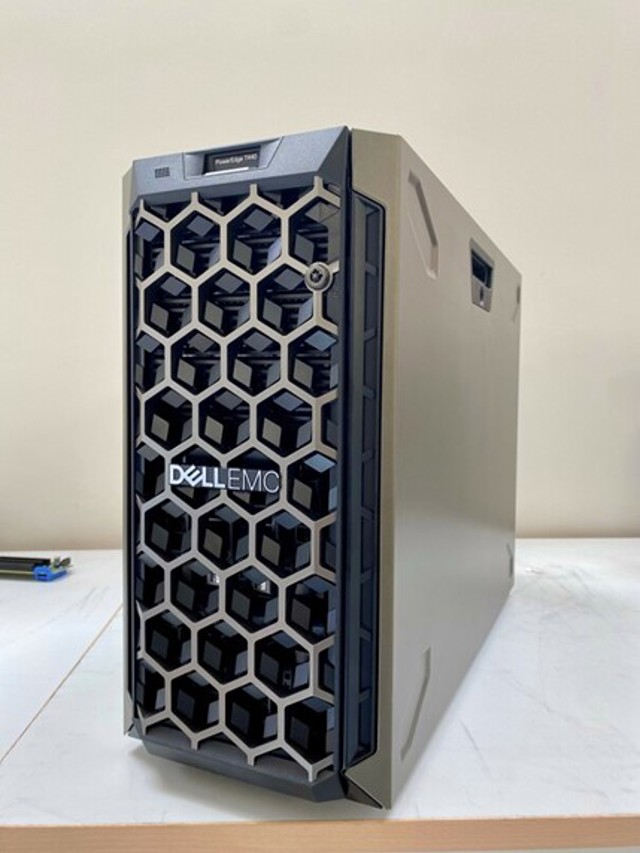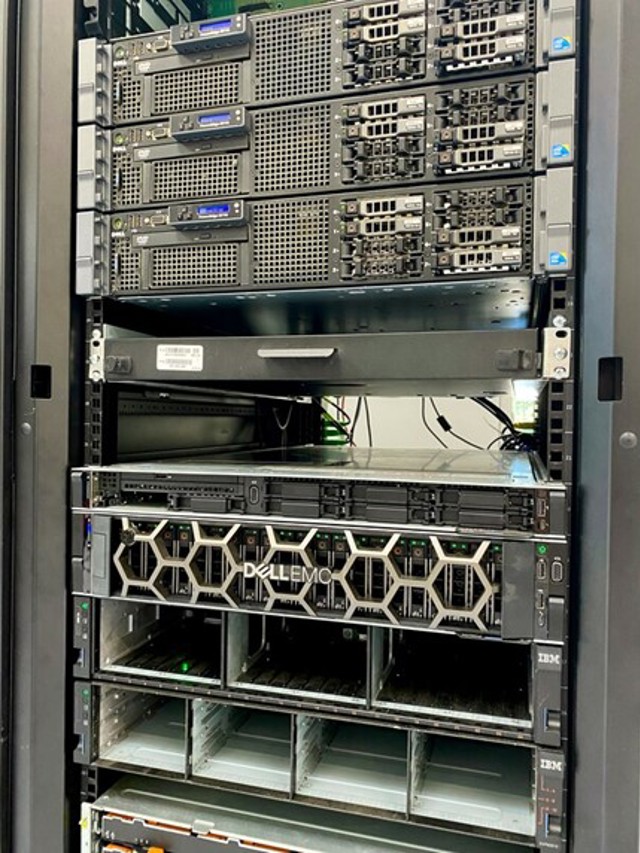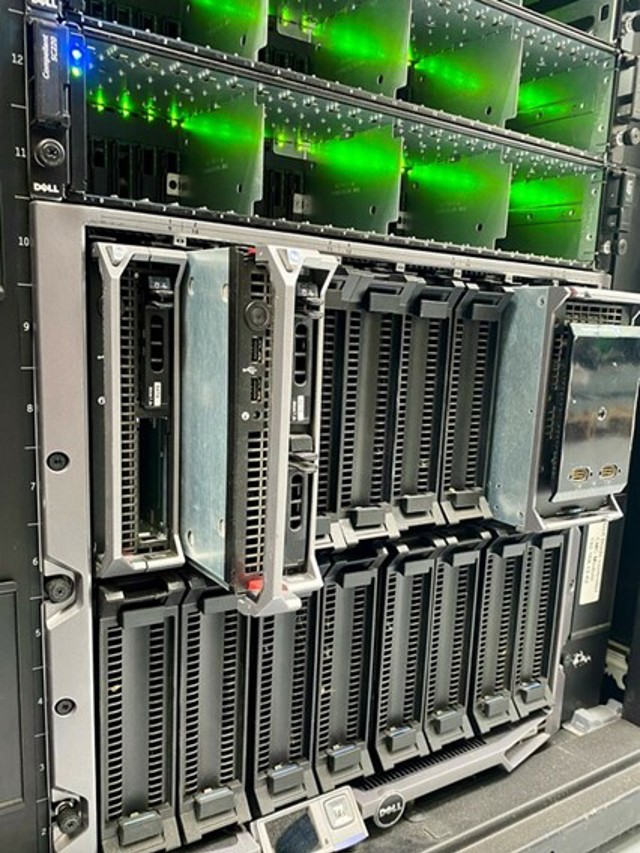
What Is a Server?
Whether you are a novice within the IT industry or a skilled IT professional, you might find this blog article useful as it answers some of the frequently asked questions about servers. In this post, we will define what a server is, explain why servers are important, present three types of servers and discuss the possible factors worth considering when obtaining servers.
What Is a Server?
A server is a high-capacity computer device with advanced hardware settings, which delivers functionalities for other devices and their users. In the IT world, these devices are called ‘clients’. The primary purpose of the server is to serve information to users through controlling, processing, managing, distributing, and protecting data. Servers can also provide sharing of resources and perform computation. The essential hardware components of each server are a motherboard, one or more processors (CPUs), a memory (RAM), a hard drive (HDD), a network interface and a power supply. A vital software component of each server is a server operating system, which allows the launching of applications and network connectivity.

Why Are Servers Important for Organizations?
Servers are essential for all kinds of organizations as they significantly impact their processes and activities. Thanks to servers, micro, small, medium-sized, and large enterprises can run their everyday operations without difficulty. Servers are useful for overall IT management because they manage user permissions, software and security while optimizing productivity and time efficiency.
While smaller organizations can have only one server responsible for different functionalities, larger organizations usually need one individual server dedicated to a website, another server for data storage, and a separate server for handling emails. As part of a business environment, servers are kept in a special closet or glass house.
There are also servers which are hosted remotely, and, in that case, they become essential
components of server rooms in data centers. In such a case, servers and other hardware parts are managed by system integrators and configured remotely by your company. Servers in data centers need a solid and uninterrupted supply of electricity. Within data centers, they are usually placed into a server rack and are a part of larger configurations or IT systems.
According to the 2019 survey conducted by the IT professionals at Spiceworks, despite the recent rise in popularity of cloud-based infrastructure, 98% of companies are still supported by the physical servers. This means that traditional technology is persisting and thus essential. As servers are important
components of the critical infrastructure of any company, it is vital to choose the right type of server based on specific organizational needs. This brings us to three types of servers that are often used in data centers and enterprises, and these are tower servers, rack servers and blade servers.
The Difference Between Tower, Rack and Blade Servers
A tower server is a stand-alone piece of hardware resembling a desktop tower. It is suitable especially for micro and small businesses due to its customazibility, powerful configuration, and optimization options. Tower servers are produced with minimal hardware components and software.
The high level of customization allows users to configure servers according to specific organizational needs. In that sense, users can configure a tower server, for example, as a general-purpose server, web server, network server or even a sole powerful server that serves multiple processes and applications.
A rack server is a mountable server that is usually a part of a supporting rack framework. Rack frames can have even 3 meters in height and support dozens of rack-mounted servers. They are vertical to save floor space in data centers. Rack servers usually have a general purpose, meaning they serve a range of processes, applications, and computing infrastructure. A significant advantage of rack servers is that they have all the necessary components to run all the exhaustive computing operations independently.
A blade server is a piece of hardware with several server blades. These blades are modular circuit boards, which often consist only of CPUs, network controllers, memory, and possibly internal storage drives. All the other parts such as switches, ports or power connectors are included in the external framework of a server. Blades offer certain flexibility – they can be easily replaced and managed in groups or each individually as a separate server. It is also possible to allocate particular applications or end-users to specific blades. Blade servers reach extraordinarily high-performance levels as they can serve the most complex computing operations due to their high processing power.


How to Choose the Right Server?
Choosing the correct type of server depends in the first place on the specific organizational needs and use cases. Tower servers are generally more suitable for smaller companies wanting to scale up their IT processes. Rack servers and blade servers offer higher performance levels and for this reason they are often used in medium-sized and large enterprises, small businesses with IT as a strategic focus and data centers. Apart from that, there are security capabilities, including a number of protection, detection, and recovery features that should be considered. If the server has its internal storage, the right disk type and capacity selection are also critical.
Whether you are a part of a small, medium-sized or large organization, there is a huge probability your organization makes use of servers so that it can have smooth-running processes. However, it is always crucial to choose the right server type based on specific organizational needs.
At Nordic Computer, we offer mainly refurbished tower, rack, and blade servers from different vendors, such as IBM, DELL, HPE, CISCO and LENOVO.
We also have skilled technicians that can help you with any questions regarding server maintenance. In case of any queries or requests for price or maintenance offers, do not hesitate, and contact us at sales@nordiccomputer.com or by filling out the form below.